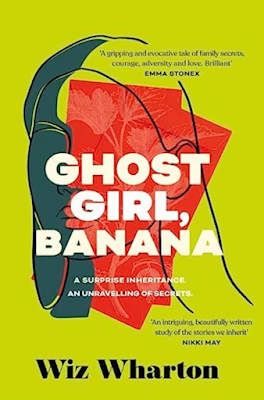 |
| Courtesy of Author |
The stories in Agnes Chew’s first fiction collection illuminate the complexity of choice when duty and desire collide, and what a person is willing to sacrifice. A daughter grapples with an unexpected discovery in the aftermath of her mother’s death. A husband struggles to understand his wife’s reaction to her pregnancy. An adolescent and a domestic worker exchange secrets whose weight they find they cannot bear. And in a corner of Changi Airport, a nondescript office cubicle, a patch of open forest, others strive to find meaning and home.
 |
| Courtesy of Author |
Author Bio:
Agnes Chew is the author of Eternal Summer of My Homeland (2023) and The Desire For Elsewhere (2016). Her work has appeared in Granta, Necessary Fiction and Litbreak Magazine, among others, and her story, ‘Oceans Away from my Homeland’, won the 2023 Commonwealth Short Story Prize (Asia Region). She holds a Master’s degree in international development from LSE; her prize-winning dissertation, which examines inequality and societal well-being in Singapore, was featured in Singapore Policy Journal. Born and raised in Singapore, she is currently based in Germany.
_________________________
EC: Agnes, welcome to Asian Books Blog, and congratulations on being the Asia Winner for the Commonwealth Short Story Prize as well as the publication of Eternal Summer of My Homeland. Let’s start with this: what draws you to the short story?
AC: Thank you so much, Elaine, for your kind words and for this opportunity! I actually started out writing creative nonfiction, and when I ventured into the realm of fiction writing, the short story form felt like a natural (and conceivable) choice. The more short stories I wrote, the more I found myself drawn to the form. I appreciate its requisite focus on purity and intensity—the way it compels you to distil meaning within a compact space. It’s also a thrill to be able to write a short story within a feverish span of hours or days, especially when I compare it to the far longer process of writing a novel, which I’m now working on.







